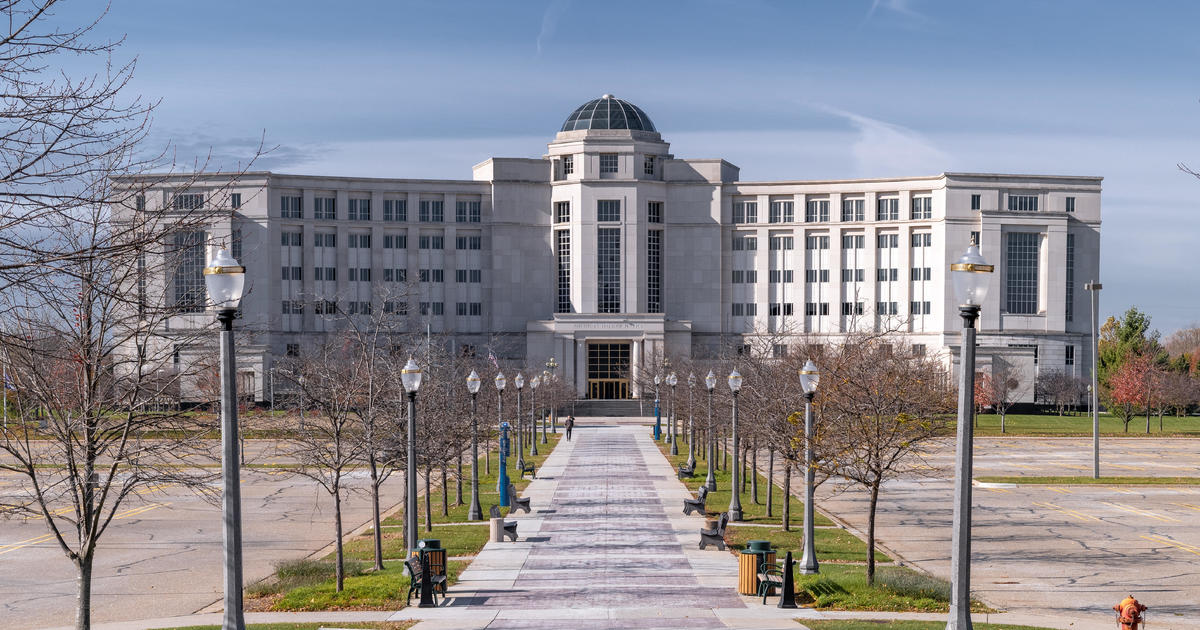How Often Should You Change Your Home WiFi Password?
Every WiFi-enabled individual comes across this issue at one point or another: how often should you be changing the password to your home WiFi? Whether you live in an apartment, a multi-family home or a rural homestead, you should assess your current situation and make sure that you're doing everything you can to be as protected as possible. Here are a few bullet points to look over when considering the right time to change your WiFi password.
Identify Your Current Situation
The first major step in this process is to identify your unique situation and assess what actions need to be taken. If you live in a multi-family dwelling (apartment, condo, etc.) and have your own router and WiFi, immediate action needs to be taken. A surprising number of individuals in these situations don't realize that their home WiFi networks need to be secured with a password in the first place, allowing neighbors and nearby strangers to access their free and open WiFi. This breach of security not only hampers with your own devices' connections, but could pose a risk to your online information as well. Some routers are set at the factory with a default password that many consumers never change. Those in this position need to make the change ASAP. No matter what your living situation is, make sure you've enabled password protection for access and keep that information in a safe place.
Know When To Change Your Password
Even if you're sure that your WiFi password is safe, make a routine out of changing and altering your passwords to make sure no one has cracked your code and is stealing your WiFi. A safe interval between changing your WiFi password is once every three months (which is also a good time to make changes to any passwords for your other sensitive technological devices). Changing your password every three months ensures that any leechers and potential identity theft threats are shaken off of your personal WiFi. This practice will also help to keep your WiFi working fast, lean and without any interruptions that could be caused by those that latch onto your source. Having one too many individuals using your signal can lower download speeds, slow your overall connection and bog down your system, even if those who have latched on are doing so without any nefarious intentions.
Keep Your Connection Secure
Now that you've gotten a routine down to keep your WiFi secure by periodically changing your password, remain proactive to protect your connection and online identity. When changing your password, it's temping to use simple, easy-to-remember phrases in order to ensure that you can get access whenever you need it. But most personal devices are able to remember your password (meaning you won't have to type it in time and time again), so create a complicated password that cannot be easily guessed. Be sure to use capitalized letters, symbols, numbers and more when creating your new passwords. These codes can be easily stored in a personal location or with a password saving application if needed later. Remember: Once you change your password to ensure safety, you'll need to change it on all your computers and devices, as well.
Following these simple tips will ensure that your WiFi is not siphoned or hampered by those nearby and that your personal information online is safe. Once you get into the routine of changing your password, the peace of mind will be well worth the hassle.
Michael Ferro is freelance writer and a graduate of Michigan State University where he majored in Creative Writing and received the Jim Cash Creative Writing Award. Born and bred in Detroit, he currently resides in Ypsilanti Township. Additional writing can be found at Examiner.com.



